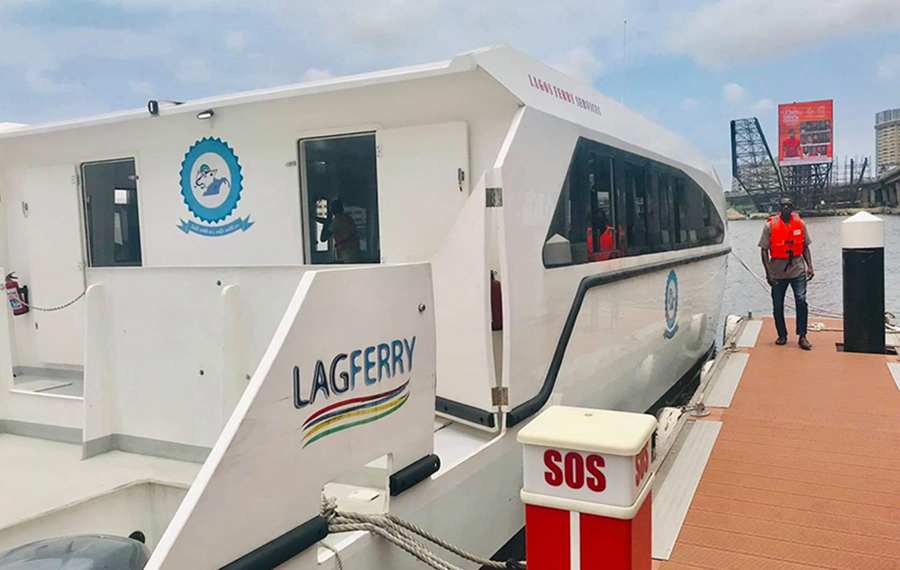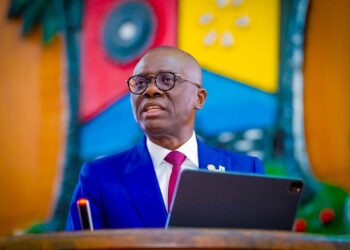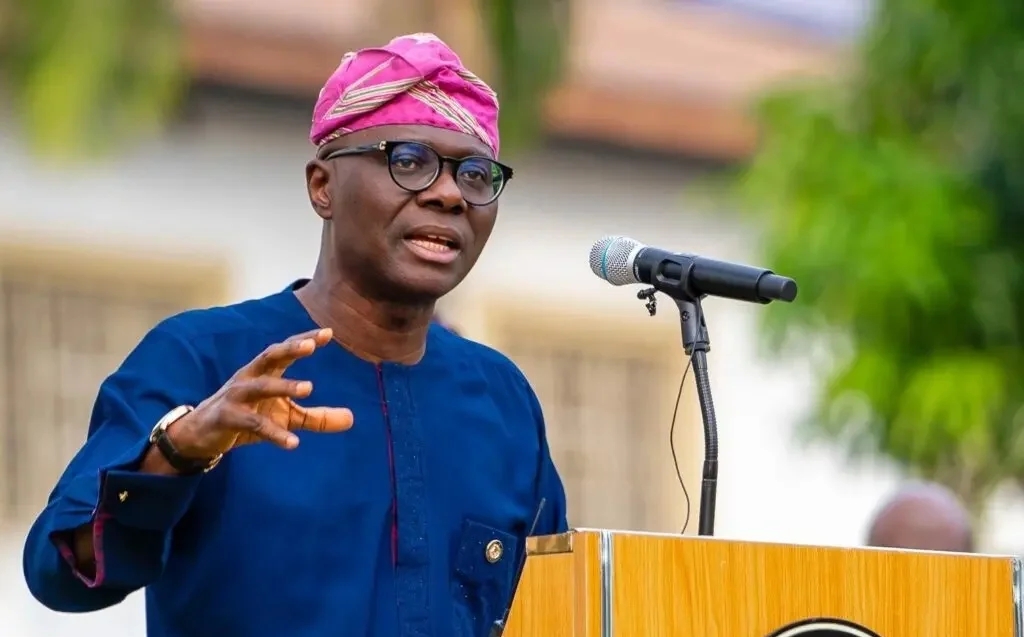The Lagos Ferry Services (LAGFERRY) ferried over 200,000 passengers in 2020, during 150 days of operations.
This was disclosed by the Managing Director of LAGFERRY, Mr Abdoulbaq Balogun, in a New Year’s message to customers on Sunday.
Mr. Balogun added that LAGFERRY could have transported more commuters if not for the effects of the lockdown restrictions.
READ: Lagos Ferry Company targets 480,000 commuting passengers daily – MD
He promised that the customers would experience service delivery in its operations as the Lagos State government had concluded plans to increase the LAGFERRY fleet to 20.
“I urge you to stay tuned and expect more remarkable giant strides in water transportation in the first quarter of the new year, as we take delivery of additional world-class, state of the art, boats to increase our fleet to 20 and our capacity to meet the ever-increasing demands,” he said.
READ: Lagos launches 14 ferries to tackle gridlock, says Okada ban irreversible
He added that despite challenges posed by the pandemic, the company was still able to expand operations to Epe, Badagry, Agbowa-Ikosi, Agbara and Ibeju-Lekki areas of Lagos.
The MD also revealed that LAGFERRY was responsible for 38% of the water transportation index to the transportation matrix of Lagos and also improved the contribution of water transport to the state’s GDP from 0.2 per cent to 0.8 per cent, citing that the operations had helped decongest road traffic in Lagos State and boost ease of doing business through the waterways.
“We will continue to break new grounds as we open up uncharted territory on water,” he added.
READ: Lagos govt urges road users to embrace water transportation
What you should know
- Nairametrics reported in July 2020 that the Managing Director of the Lagos Ferry Services Company (LAGFERRY) Mr AbdoulBaq Balogun said the company had a target of transporting 480,000 people daily on the waterways of Lagos State.
- In December, Lagos State Government called on all road users in the metropolis to embrace and make use of water transportation in order to decongest the roads, especially during the holiday season.
- The Lagos State Permanent Secretary said that the first phase of the Blue Line Project from Marina to Mile 2 would be completed and delivered for operations in 2022, as well as the Red Line, which would share the standard gauge track of the Lagos-Ibadan route to connect Oyingbo and Alagbado.























1. I think a typo occurred in the article. The 38% of LAGFERRY should read an increase in water transport state GDP from 0.08% to 0.2%.
2. We must commend their effort as the figures from LAGFERRY was a result of 150 days of operation. Despite almost ~46% of the projected pax from the 150 days of oration, we can cautiously predict that it will improve in the next fiscal year.